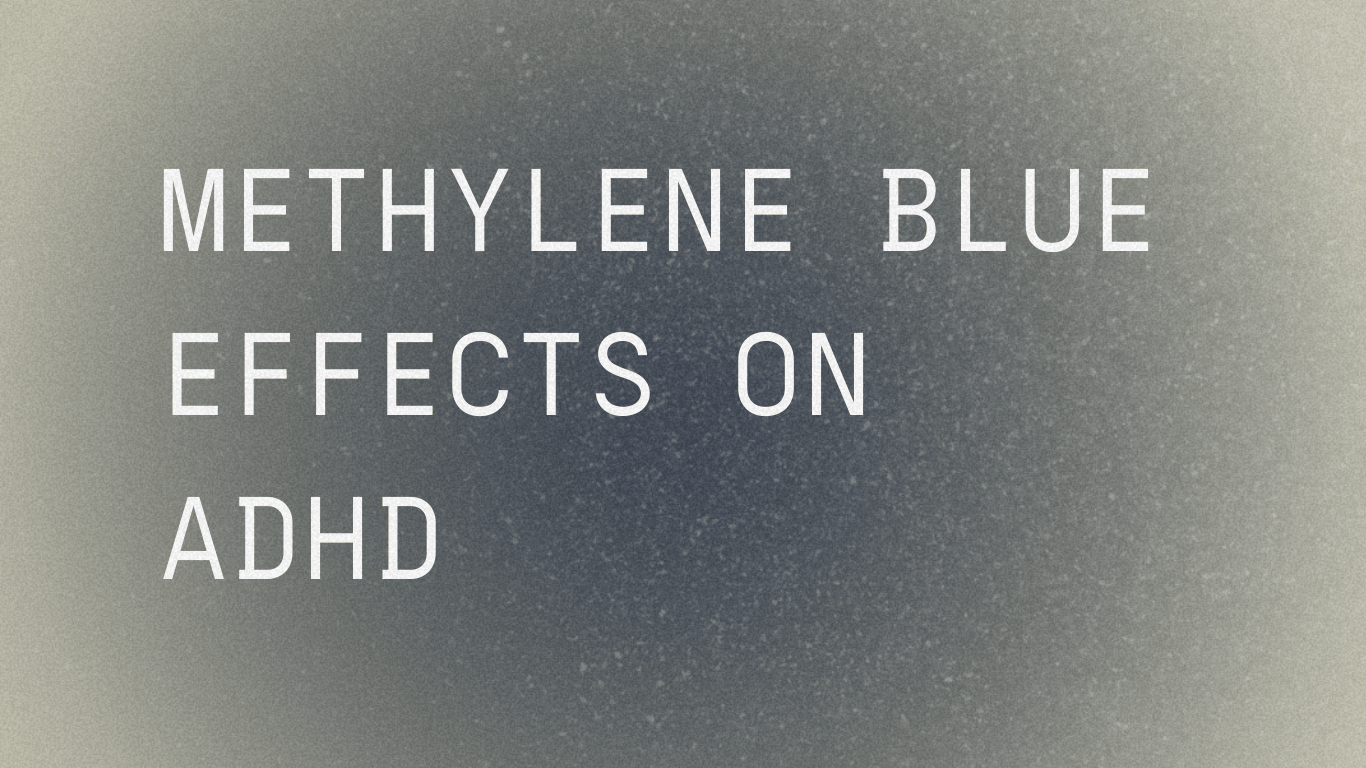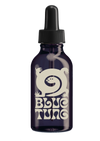Methylene Blue and ADHD: What the Research Really Says
Posted on October 14 2025,
Attention-Deficit/Hyperactivity Disorder (ADHD) impacts millions of children and adults globally, marked by symptoms like inattention, hyperactivity, and impulsivity.
As new treatment options are explored, methylene blue (MB) has gained attention as a compelling candidate. With a longstanding history in medical applications, methylene blue has recently drawn interest for its potential cognitive-enhancing and neuroprotective properties. These qualities have prompted research into its use for neurological conditions such as Alzheimer’s disease, Parkinson’s disease and now ADHD.
Methylene Blue Link to ADHD
The potential use of methylene blue in treating ADHD is rooted in its distinct impact on brain function and neurotransmitter activity. ADHD is marked by ongoing patterns of inattention, hyperactivity, and impulsivity that disrupt daily life and development. These symptoms are thought to arise from imbalances in key neurotransmitter systems, especially those involving dopamine and norepinephrine.
Methylene blue’s proposed mechanisms for alleviating ADHD symptoms are complex and multifaceted:
- Its ability to enhance mitochondrial function may help address the energy deficits seen in the brains of individuals with ADHD.
- By improving energy metabolism, it could potentially support better cognitive performance and attention control.
- Methylene blue’s influence on neurotransmitter systems, especially through its inhibition of monoamine oxidase, may help regulate dopamine and norepinephrine levels, which are primary targets of conventional ADHD treatments.
Research indicates that low doses of methylene blue can enhance memory, attention, and processing speed in healthy adults, cognitive areas often impaired in those with ADHD, highlighting its potential therapeutic value for this group.
Potential Benefits
Some research suggests that methylene blue might offer cognitive and neuro-protective benefits that could be relevant for managing ADHD symptoms:
- Enhanced Cognitive Function
- Improved Attention and Focus
- Neuro-protective Effects: Methylene blue’s antioxidant effects may help shield neurons from oxidative damage and inflammation, potentially offering benefits for individuals with ADHD, where oxidative stress is believed to play a role.
- Mood Stabilisation: Some research involving individuals with bipolar disorder suggests that methylene blue may have mood-stabilising properties, which could be beneficial for people with ADHD who frequently struggle with mood swings, irritability or emotional dysregulation.
Keep in Mind
Methylene blue can interfere with ADHD medications, especially stimulants, due to MAOI activity.
If you’re considering methylene blue while on ADHD medication, talk to a doctor and deepen your research to assess the specific risks based on your dose and medication type



